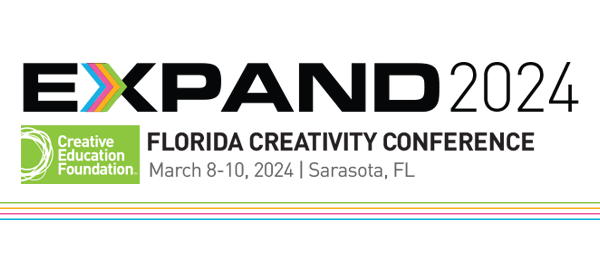Creativity as a Road to Resilience Through Life Transitions and “Detours”
Did life go a totally different way than you had expected?
Has that unplanned event in your life shaped who you are today?
If this sounds like you’ve been here before, then you’re a Detourist! Detours can seem like obstacles, yet can also be opportunities. Through creative expression, we reshape our identities and discover the flowers on our detoured path, gaining adaptability and a positive, empowered attitude toward obstacles, transforming life’s “detours” into everyday blessings. “Detourist workshops” aim to encourage growth and healing by sharing our stories; and to transform communities by inspiring people to open their minds and reframe their view of “detours” into a new direction for life. Through creative writing prompts, engaging discussions, improvisational activities,and art exercises, participants learn to celebrate the detours that form our identity. Using the Detour “RoadMap to Resilience” participants learn to navigate life’s messy detours through the transformative power of creativity.
Detourist workshops bring people together from all ages, professions and backgrounds, celebrating the detours that make us who we are. Using the Detour Road Map to Resilience* participants will claim their Detourist identity by discovering arrows to navigate through life’s messy detours.
This Detourist workshop interweaves engaging discussions, writing prompts, art activities, theatre games story-circles, and plenty more surprises along the way. Most importantly, this detour workshop is a journey to endless discovery – and an eagerness for the infinite detours to come!
(Further details:) The workshop will involve active movement exercises, exploratory art exercises, creative writing prompts, engaging discussions and theatre games. The “art” component will not require additional materials. This component involves drawing, doodling, and mindful artistic expression – paper and crayons will be sufficient. The goal of the workshop is for participants to discover how through creatively communicating our “detours” we are able to experience in the moment, how that detour has made us who we are. Therefore, the workshop strives to incorporate multiple disciplines to accommodate all types of “Detourists” and their various learning styles.
What:
What 3 things might your participants learn or experience as a result of your workshop?
- You will claim three unique “flowers” on the detoured path you’ve taken, and create a gratitude ritual that enables you to keep discovering these unexpected treasures.
- You will be able to develop three creative tools to help them navigate a “detour” in life.
- You will be able to define two instances of a “detour” in their life, and connect how each “detour” has contributed to their identity.
So What:
What might be 3 ways that the content of your workshop changes your attendees’ perceptions, habits, ways of working, or view of the world?
- You will be able to view unexpected events as gifts that can strengthen your own resilience and view of the world. (A “detour” doesn’t have to be a life-altering event. A detour can be as simple as an idea going in a different direction that you had anticipated. Living life as “Detourists” enables us to become empowered by surprises, and excited for unexpected events, allowing them to thrive in any sort of uncertainty. Through viewing any “curve in the road” as a detour, we as humans, in various transitional phases, are empowered to make decisions and navigate where there might not be a clear map).
- You will learn how to embrace any detour that you may come across. (Sometimes, we can’t learn to love our detour until we spend a bit of time traveling it – we need to give that detour enough time to form a story of its own. Why should you love your detours?
• Detours lead to endless discoveries.
• Detours give us ways out.
• Detours connect us.
• Detours make our stories.
• Detours make our meaning.
Detours allow us to find the exotic flowers along the unexpected path. A Detourist doesn’t just take the detour, they embrace it – bumps and all – and keep traveling). - You will discover how creativity is a vital means for transforming an unexpected or unknown factor in life into an energy you can harness to uplift others and pull yourself forward, further into who you are.
Now What:
What are 3 ways your attendees might apply what they learn in your workshop?
- You will be able to apply “Detourist” multidisciplinary principles to creating a compassionate and inclusive community.
- You will be able to identify four qualities that foster resilience in times of adversity.
- You will be able evaluate two ways communicating “Detours” through art can advance a social justice initiative or cause you care deeply about.
